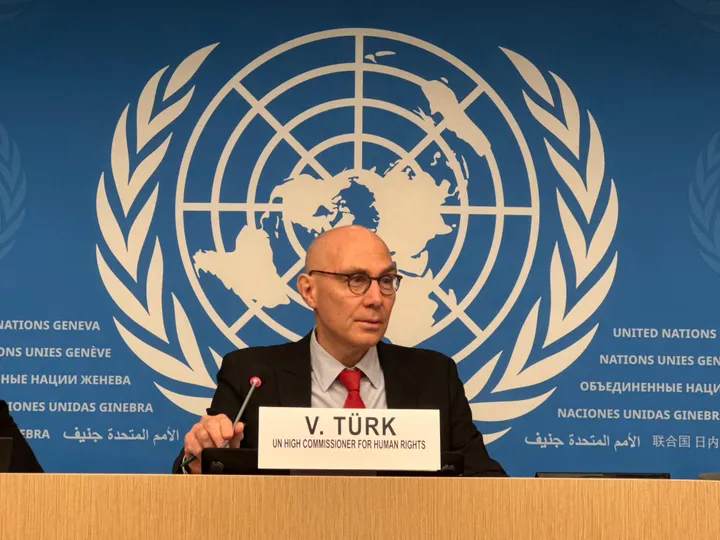As the world enters the third year of a health pandemic during which face coverings have become universally acceptable, you would think France might have toned down its opposition to how some women dress.
For years, politicians from the far Left and Right, together with many in between, have rallied against Muslim-linked garments they view as challenging secular values. Particular angst has been aimed at anything that might conceal distinctive features in a public space.
This led directly to the so-called “Burqa Ban” of 2011. The deceit behind the legislation was that any kind of potential face disguise – from balaclavas to full vizor motorbike helmets – was not allowed in inappropriate situations because of “security concerns”. In fact, everyone knew that coverings had to be vaguely Islamic for the police and then judges handing out fines and prison sentences to take an interest.
This much-vaunted law certainly seems redundant in 2022, when the vast majority of France’s population is routinely hiding mouths and noses behind a mask. Under such circumstances, how can anyone be remotely bothered by the tiny minority of Muslims – estimated at less than 2,000 – who choose to wear niqabs, which cover the face except for the eyes?
The answer is, sadly, that plenty of vindictive reactionaries are still very angry. Their meddling now extends to the hijab, which is best described as a modest headscarf. Incredible as it might sound, precious parliamentary time has just been devoted to the issue of whether the state should allow sportswomen to wear it.
It is inconceivable that anyone would cause upset by covering their head while playing golf, tennis, hockey, or numerous other games. Caps, bobble hats and hoodies are all regularly seen on pitches yet the ferociously disingenuous upholders of French secularism in the Paris Senate have just voted to ban hijabs – which they describe “as conspicuous religious symbols” – from all competitions organised by sports federations.
It is very important to note that laicite – France’s very peculiar version of secularism – does not ban religion itself; on the contrary, it is meant to protect it, and the values and freedoms associated with religious expression.
Despite this, Senators also provided zero evidence when they suggested that the safety of athletes could be put at risk by the hijab. It all sounds ridiculously petty (how often has a cap, bobble hat, or hoodie been considered a safety hazard?) yet the measure was passed by 160 votes in favour to 143 against.
It is the Republicans, the latest incarnation of the Gaullist conservative party, who proposed the new Hijab-in-sport ban. Yes, the government opposed it, and it could yet be struck out, but the very fact that these debates are still going on at a time of global health emergencies and related economic hardship is an indictment of a country that remains obsessed with pieces of clothing worn by Muslim women.
The Paris Olympics are due to take place in just two years’ time, and there is no doubt that xenophobic populists saw this as a good opportunity to even apply anti-Muslim bigotry to sport.
Identity politics is also dominating the presidential campaign that is underway in France. Those hoping to replace Emmanuel Macron as head of state in April are almost all playing on deep-seated prejudices so as to rustle up votes. Criminalising women for how they dress is still one of the easiest ways of doing this in France.
The consequences can be devastating. Women are regularly assaulted, both verbally and physically, for wearing hijabs. High-profile debates about bans not only stigmatise them, but go a long way to providing a warped legitimacy to those who carry out such attacks.
Those who preach freedom for all women except for Muslim ones claim that there are many who are intimidated into wearing hijabs. If this is the case – and proof is scarce – then such harassment is a matter for the criminal justice system already equipped with a body of legislation to deal with it, not reactionary politicians.
The farcical nature of the debate came to the fore this month when Vogue France initially praised the American actor Julia Fox for looking stylish with a black head-covering during a visit to Paris Fashion Week with her rapper boyfriend, Kanye West.
“Yes to the headscarf!” read an excited Vogue caption, before it was edited out, apparently for causing offence. Instagram users pointed out that the magazine was hypocritically praising a white American for covering her head in a country where Muslim women are actively oppressed for doing so.
It all adds up to the worst kind of double standards – the sort that illustrates a twisted French obsession that many hoped would have been wiped out during the coronavirus pandemic.























